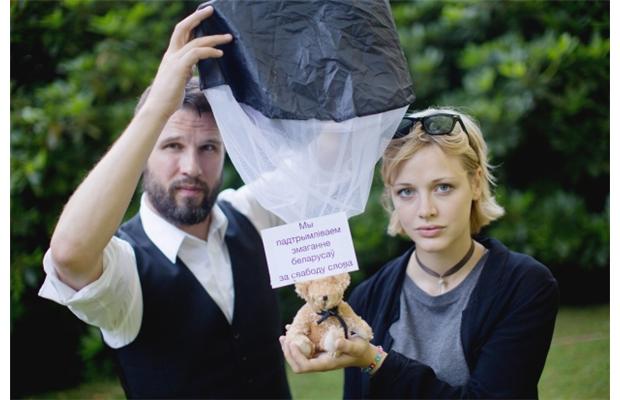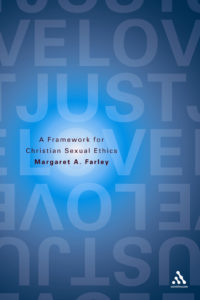There was a story in the Times this week about a policeman who came upon a barefoot man lying outside on a cold night and bought him a pair of boots. I know about this for several reasons including multiple, near-simultaneous postings of the story on my Facebook page, and because several additional friends and family members sent it to me.
There’s no question that what happened here embodies acting on your values through your work. It was heartening that so many people I know were touched by the story. It was also noteworthy for its rarity.
Not that these things don’t happen all the time (they do) but because most Good Samaritans (in my experience anyway) prefer not to be noticed, and they usually get away with it because there’s not a tourist with a camera eager to capture their kind act (as there was here). What happened between the New York City cop and the homeless man was a rarity because we got a chance to see it—and millions of us looked. (You can read the Times story and see the now famous picture here).
My question is: how many of the millions who thought this story was “wonderful” actually learned something from Officer DePrimo? About what he did and we could do too. Or about his modesty (since I don’t think it’s a coincidence that we’ve never seen his face).
A recent study by Japanese researchers suggests that looking at pictures of kittens and puppies relaxes us and improves our concentration for other things later on. Was this tourist snapshot more or less like that: a post-card to share with friends so that they could have some of the warm and fuzzy that we’re enjoying too?

During this season of giving, it seems worth asking: What was the conversion rate on this Good Samaritan advertisement?
Which of us onlookers went on to buy?







